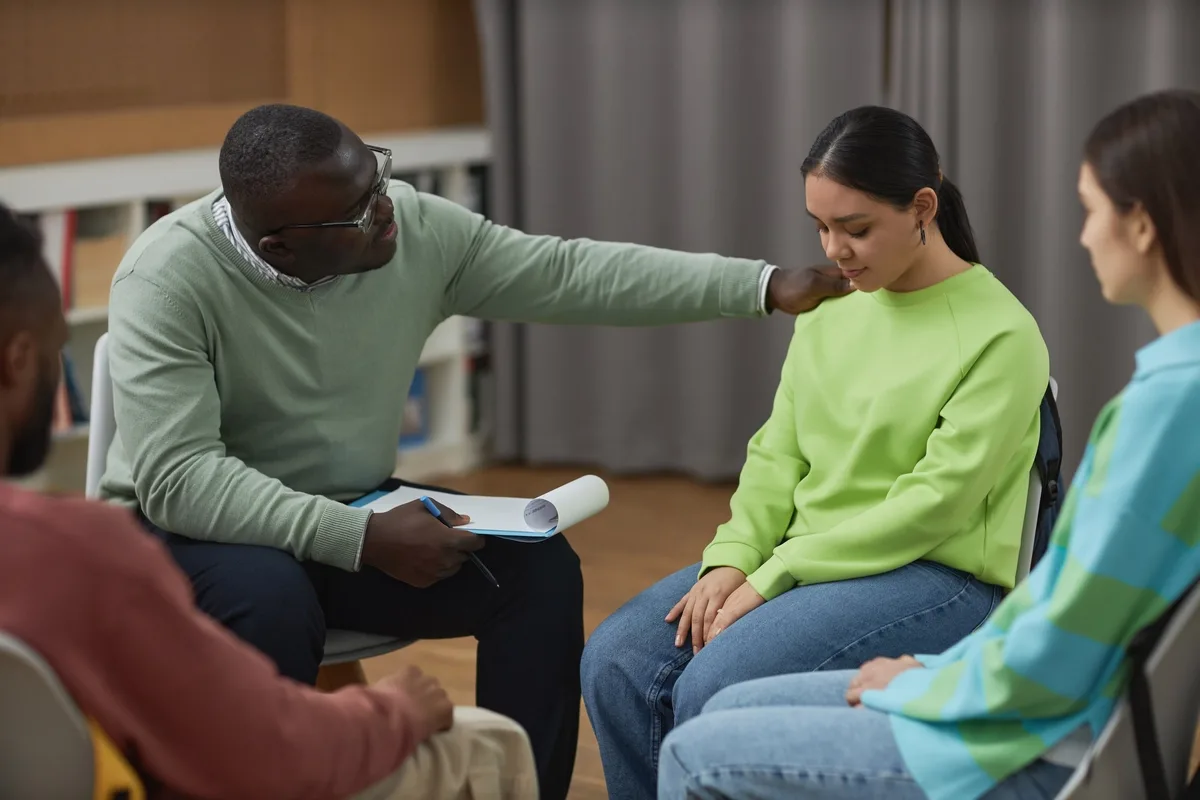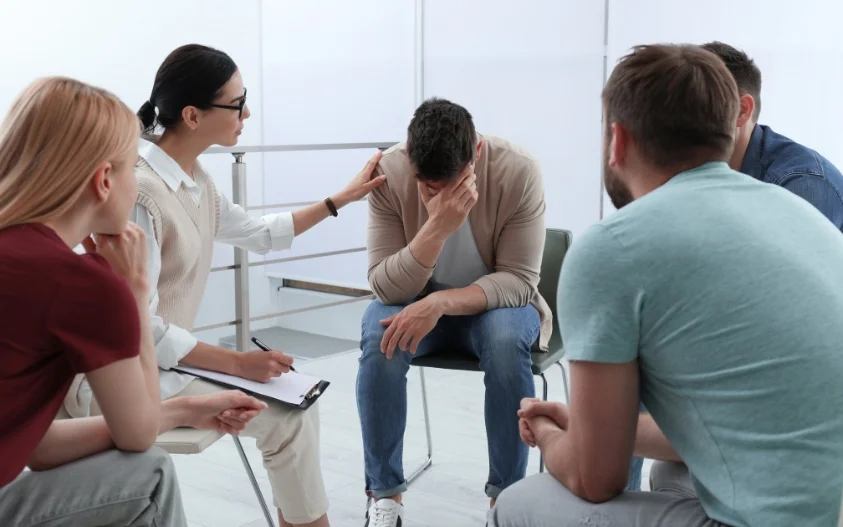24/7 Helpline:
(866) 899-221924/7 Helpline:
(866) 899-2219
Learn more about PTSD Treatment centers in Wanamingo
PTSD Treatment in Other Cities

Other Insurance Options

Carleon

Excellus

Aetna

Self-pay options

Ceridian

Oxford

Molina Healthcare

PHCS Network

BHS | Behavioral Health Systems

Absolute Total Care

Health Choice

Cigna

Magellan

WellPoint

Regence

American Behavioral

Ambetter

Multiplan

Amerigroup

Coventry Health Care







































































Wenden Recovery Services
Wenden Recovery Services is a private rehab located in Red Wing, Minnesota. Wenden Recovery Services...

Common Ground Treatment
Common Ground Treatment is a private rehab located in Red Wing, Minnesota. Common Ground Treatment s...

Southern Highlands CMHC
Southern Highlands CMHC is a private rehab located in Welch, West Virginia. Southern Highlands CMHC ...

Southern Highlands Community Mental Health Center
Southern Highlands Community Mental Health Center offers regular physician's services, OBMAT, DUI cl...
















































